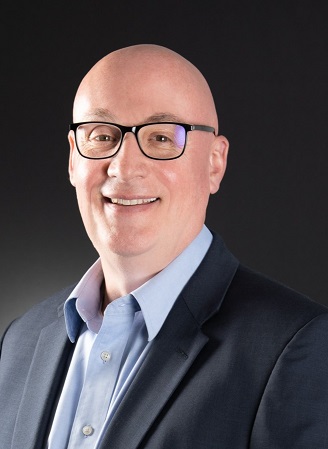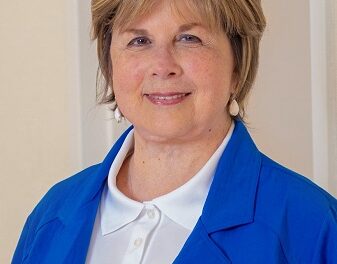By Carl W. Falconer
It’s easy to say that “Housing Is Healthcare” is a slogan or quip, like many politicians who use the phrases “Increase Jobs, Improve Education, or Be Tough on Crime”, when in fact most of those slogans don’t amount to any substantial action to solve those problems. But housing does improve healthcare and healthcare agency outcomes.
TaskForce Fore Ending Homelessness (TaskForce) encountered 5,388 people experiencing homelessness on the streets of Broward County in 2022. Of those, 34% (1,831) of them suffered from a physical health condition that required medical attention. This may seem like a small number when dealing with thousands of patients a year, but as uninsured individuals, with no regular physician for follow up care , the emergency room becomes their “family doctor” and hospital beds become recovery beds. They have no other choice. Using the old 80/20 business rule, by repeatedly accessing the ER with simple and sometimes not so simple procedures, 20 percent of patients who are homeless and uninsured in Broward County can result in 80 percent of emergency room costs.
There are multiple models across the country that show cost savings gained when hospitals partner and invest in housing with non-profits that serve the homeless population.
Our collaborative programs provide a roof over their heads and Case Management services. Case Managers are trained to connect people in housing with employment or disability benefits, medical insurance, and doctors who can start practicing medical management and preventive health with our clients. These combined services lead to better medical outcomes, less visits to the hospital, and more payments for the medical services they receive.
A recent study by one of our prominent housing providers showed a 97% reduction in hospitalizations and an 87% improvement in overall health per year for people who were placed into housing compared to when those same clients were homeless on the streets.
There are three overlooked opportunities for hospitals and healthcare systems to save money and improve patient care:
1) Collaborate with a non-profit partner that works with the homeless population to understand what is needed to house more people.
2) Encourage local legislators to invest in policies and initiatives that will house people with serious health concerns.
3) Analyze the data to determine how many patients are homeless, how often they are using the hospital inappropriately for primary care and how much money could be saved by helping them access housing?
Housing means a lot of things to the people we get off the streets, but for those that are suffering from health issues there is no greater reality than their Housing Is Healthcare.
Carl Falconer is the CEO of the TaskForce Fore Ending Homelessness with 28 years of experience working with the Homeless Response System. For more information about the TaskForce, visit www.taskforceoutreach.org or call (954) 525-3494.



























